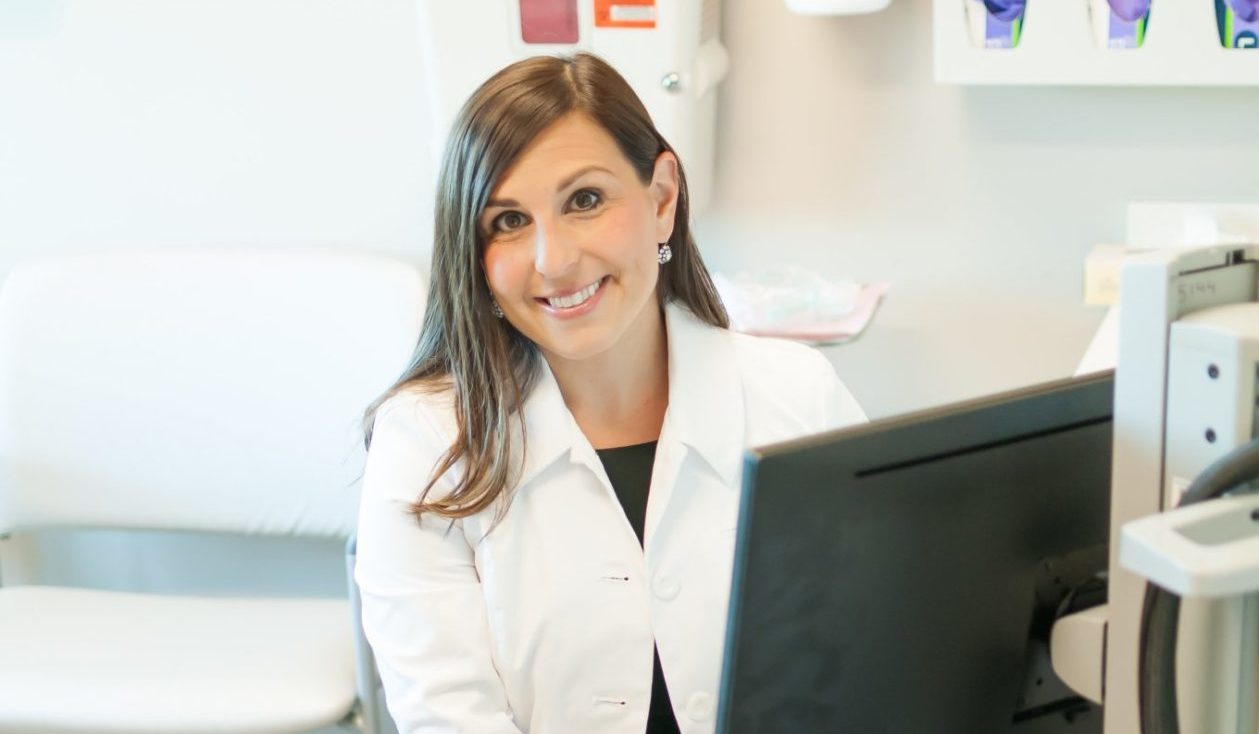“Women are desperate to figure out why they don’t feel good. By the time they come to see me, they’ve been dismissed so many times,” says Heather Hirsch, lead physician of Brigham and Women’s Hospital’s Menopause and Midlife clinic, set to open early next year. “When we think about women’s health, we talk about puberty, pregnancy and postpartum. The menopause transition is really important, and it gets no attention.”
Hirsch, 37, is part of a new generation of doctors, tech developers and investors determined to change that, and aiming to replace stigma with public conversation, better medical research and more accessible training. Research for treatment of common symptoms like hot flashes, low libido, sleep disruption and weight gain is notoriously underfunded, they note, even as an estimated 38 million American women are menopausal and account for approximately 20 percent of the American work force.

The lack of medical research is coupled with a lack of clinical training, even for gynecologists.
“In many family medicine, internal medicine and OB/GYN residency programs, there is perhaps an hour of instruction on menopause, at best,” says Stephanie Faubion, medical director of the North American Menopause Society (NAMS) and director of the Mayo Clinic Center for Women’s Health, where she co-authored the report Menopause Management Knowledge in Postgraduate Family Medicine, Internal Medicine, and Obstetrics and Gynecology Residents.
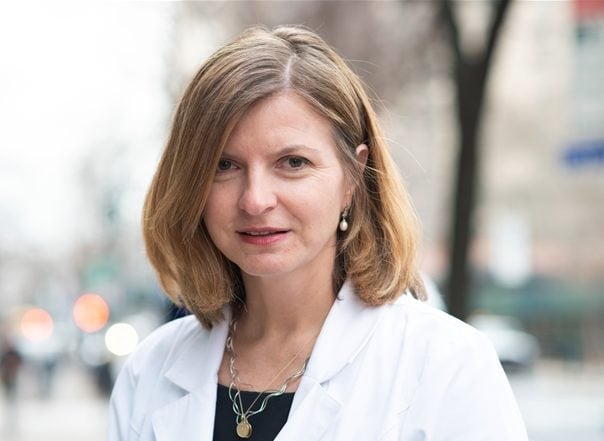
Frustrated by misconceptions and shame surrounding the topic, doctors have found new ways to communicate with the women they say are deeply underserved. Hirsch has her own podcast series, Health by Heather Hirsch, with accessible and irreverent segments like “Perimenopause, what the HEL!” [sic]. In New York, a new telemedicine start-up called Elektra Health is recruiting doctors like Anna Barbieri and hosting frequent salon discussions with titles like “Hormonal Harmony: Thriving in Perimenopause and Beyond.”
“It’s important to provide current and valid information about symptoms and their management, and to discuss how this phase of life is so strongly related to other health factors,” says Barbieri, 46, an assistant clinical professor of OB/GYN at Mount Sinai. “We know, for example, that the time of menopause marks an increase in cardiovascular risk, diabetes risk and risk of dementia for women. How can we optimize this transition, and by doing so optimize other aspects of health? Menopause can vary widely from woman to woman, and we’re interested in how to practice patient-centered medicine based in evidence and rational treatments.”

A reasonable approach, to be sure, but one hampered by myths and misunderstandings.
Among them, Hirsch says, is the fear of hormone replacement, largely stemming from media reporting on the early closure of a 2002 Women’s Health Initiative study. That study, which examined one combined oral dose of estrogen and progesterone in a population of women whose average age was 63.5, was widely and incorrectly interpreted as indicating that the hormones led to a significant increase in the risk of breast cancer and heart attacks.
“WHI was an incredible research study with lots of information, but it was a skewed population of older, non-symptomatic women,” Hirsch says. “When the media spun the results, it made a huge impact in most people’s mind that estrogen is dangerous and harmful, and this idea is still very much ingrained into society.”
Today, NAMS-trained providers say that hormone therapy, given to symptomatic women within 10 years of menopause (typically starting in their 50s), often has benefits.
Recent studies, Hirsch notes, say that “women who take estrogen and progesterone within 10 years of menopause have a tendency to live longer, die less from all causes and have less heart disease. These are results from several large clinical trials of different preparations of hormone therapy in women who start within 10 years of their last menstrual period.”
Even when women are willing to take hormones, they are often confused about the best sources, struggle to find well-informed doctors and are susceptible to marketing of unregulated, compounded hormones, Hirsch says.
“The compounded hormone therapy industry is extremely profitable, as they are preying off the insecurities of patients and then providers who are otherwise uncomfortable discussing the risks and benefits of FDA-approved hormone therapy, with the risks being overestimated,” she notes. “There are approximately 15 million women on hormone therapy, of which about two-thirds use unregulated and one-third use FDA-approved medications. However, this number could be larger if there are women using compounded HT we cannot account for. Therein lies another risk of inadequate education and counseling: women taking unregulated HT with the idea that it is safer.”
There’s confusion, too, about how to use and source supplements like Chasteberry and Vitex, which some women take for PMS and irregular periods; silymarin, which supports liver function; and melatonin and valerian, which may help with sleeplessness and anxiety.
“I find that the use of supplements in the U.S. can be controversial and polarizing, similar to hormone therapy, with many sharing either the extreme view that no FDA oversight means that herbs and supplements are mostly ineffective and can be dangerous, and others believing the opposite, that anything that is “natural” is safer and gentler than regular medications,” says Barbieri. “I fall in the middle and believe we should apply regular scientific principles to both drugs, many of which have botanical origins, and herbs/supplements.”
This fraught climate, investors say, is ripe for growth.
Last year, market research firm Frost & Sullivan predicted that the market for “femtech”—technology products that focus on female wellness, everything from reproductive health to general wellness—will be $50 billion by 2025.
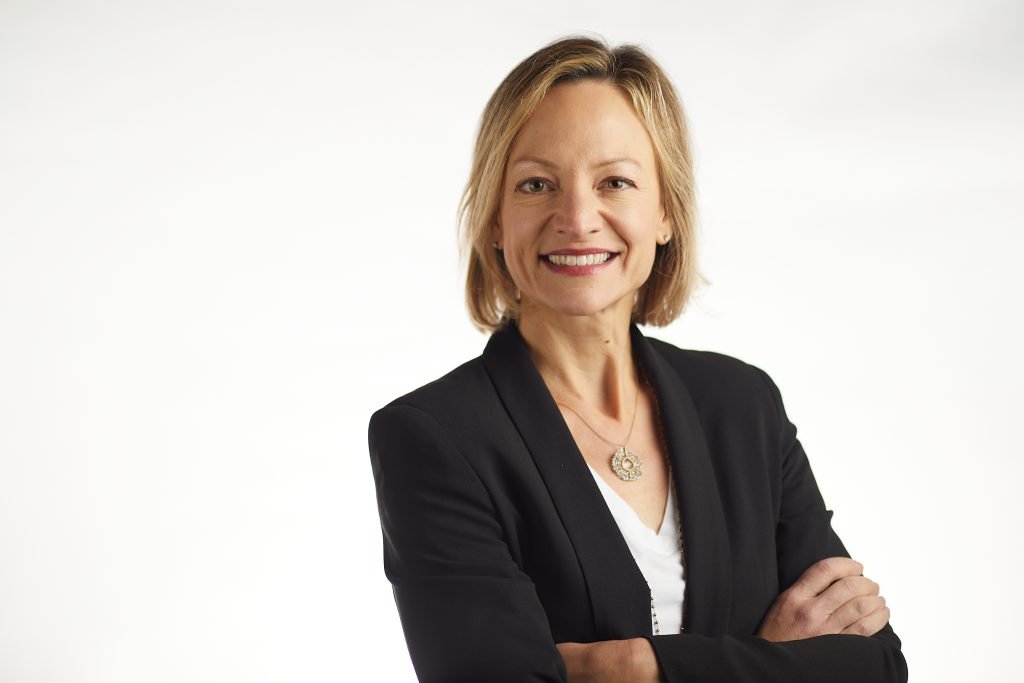
“Women control the majority of healthcare dollars spent, and are so influential in their spending power, but I was really taken by the lack of attention to women’s health in the second half of life,” says former Microsoft executive Jill Angelo, 46. “This is a huge opportunity, and in terms of how much is capitalized or consumed, we’re just getting started.”
In September 2016, Angelo launched the online platform Gennev, initially focused on selling hygiene products geared toward easing menopausal symptoms. With her partner Jacqueline Brandwynne, a retired Neutrogena executive, Angelo has branched out to providing services to its 16,000 registered users. It now offers $35 telemedicine appointments with NAMS-certified physicians and a $10 monthly subscription to unlimited consultations with health coaches, dietitians and nutritionists specifically trained to counsel menopausal women. Gennev currently partners with physicians in 30 states and expects to cover all 50 states and the District of Columbia by the end of 2020.
“We interviewed 1,500 women, and they said, ‘I have no idea who to go see. My doctor brushes me off,’” Angelo says. “We’re still growing our product line into dietary supplements but have also expanded to telemedicine and on-demand coaching. There’s a lot you can do from a lifestyle perspective to alleviate symptoms.”
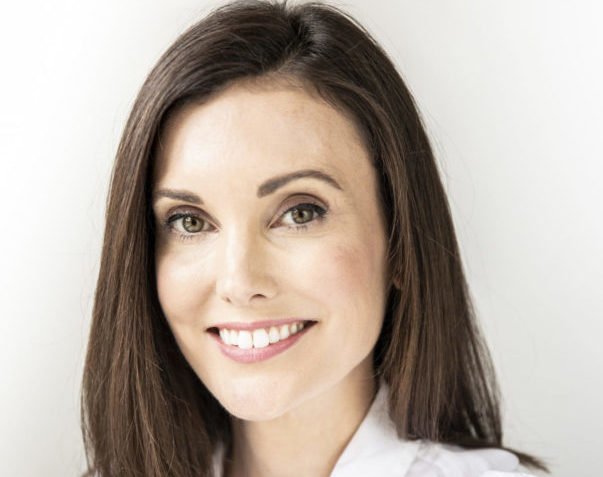
Amy Domangue, cofounder and CEO of the virtual medical care aggregator Jessie, calls Angelo a pioneer. “The opportunity for virtual care for menopause and perimenopause is finally giving women a place so they know exactly where to turn. The way our healthcare system works is outdated,” Domangue says. “We have primary care and OB/GYN doctors, but what if instead of general doctors you have specialists uniquely trained to your gender and age? How can we segment healthcare better, so people know where to turn?”
And while some women in their 50s and 60s may be wary of virtual visits, Domangue and other menopause entrepreneurs predict the approach will soon become normalized.
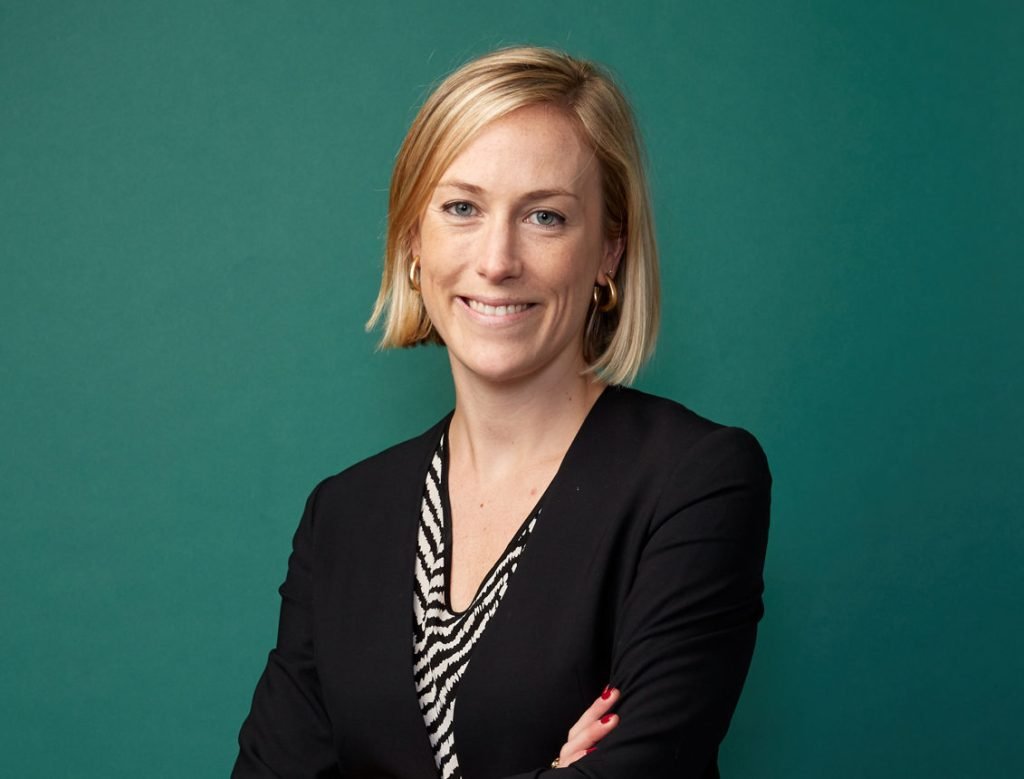
“Telemedicine has been around for a very long time, so the technology itself is nothing new, but user behavior is very much a consideration. How do you onboard women in a way that feels comfortable and natural and that builds trust from the get-go? As we grow over time, and continue to get more women on to the platform, we’ll continue to see more digitally native women join,” says Alessandra Henderson, 34, the cofounder and CEO of Elektra Health, a new company set to debut telemedicine services in 2020, starting with a beta test group of 30 women in New York state.
“Elektra’s model is to focus on building a virtual care practice with a dedicated care team of gynecologists on staff. We believe dedicated Elektra providers trained in our proprietary care protocol is the best way to deliver an optimal customer experience, real healthcare results, as well as to foster a long-term relationship over the seven-to-10-year menopause journey,” says Henderson. Another focus for Henderson: fostering community and accountability.
“Elektra checks in regularly with women in the first week, month and beyond on not only their health goals but also their symptoms. We’ll then use that information to inform their next meeting with the gynecologist. We also plan to add women to private, curated groups for support and accountability,” she says. “One hundred percent of women go through this. It’s nothing to be ashamed about. It’s a natural, universal experience. We want to give women the tools to live really well during this time.”
This perspective is long overdue, says Faubion, noting that despite the fact that most menopausal women will suffer symptoms, there’s not a great deal of new research. One area that does look promising: phase three trials on drugs inhibiting receptors in the hypothalamus that are linked to brain pathways responsible for hot flashes and night sweats. “They block the NK3 receptors believed to be in the hot flash neural pathway, but an exact mechanism hasn’t been determined,” Faubion explains.
Doctors emphasize that menopause should also be assessed in terms of how it may relate to other health issues, particularly cardiovascular disease and dementia.
“There is basically a disruption in brain energy metabolism during the menopausal transition linked to decline in estrogen,” Barbieri says, adding that the decline can leads symptoms like insomnia, disturbed sleep, hot flashes, depression and short-term memory impairment. “It is this metabolic change, as well as recognized vascular changes that occur with menopause, including the impact on the brain’s vascular system, that may be linked to higher risk of dementia for women.”
Ideally, Barbieri says, technology will help researchers target women’s symptoms more precisely.
“I’d love to see research that focuses more on precision medicine for menopause and the choice of intervention based on one’s particular genetic makeup and individual situation. That could translate to different types of medicines, dosing or modalities,” she says. “I’d also love to see more research devoted to non-pharmaceutical approaches, including natural and mind-body approaches.”
These are exactly the possibilities inspiring entrepreneurs like Elektra’s Henderson.
“The more women that we treat, the faster we can help identify what is and is not going to work,” she says. “We have a lot of independent research studies on diet, acupuncture and meditation, but we are aiming to build an incredibly rich data set to help inform—with hard, science-based evidence—what has helped treat symptoms, as well as what are best practices.”

